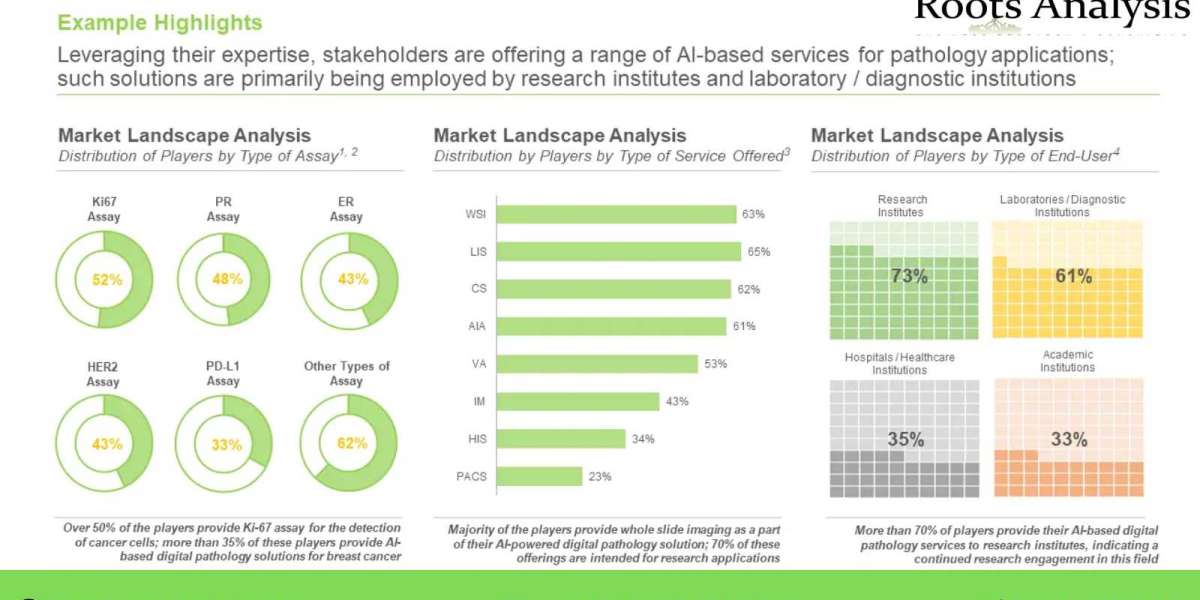The early signs of Alzheimer's can be determined by a new technique developed by experts
Do you know that all around the world more than fifty-five million people over the age of sixty or sixty-five have Alzheimer's disease or dementia?
What's Alzheimer's disease?
This disease's early symptoms can be forgetting things, conversations, and places which you are familiar with, and gradual major memory loss affects eating, sleep, and day-to-day activities. It happens when the brain shrinks and brain cells perish. Social, memory, reasoning, and behavior all decline. Psychology Dissertation Help USA
People who have Alzheimer's may forget a place where they use to visit, meetings, forget people's names even family members' names, have difficulty finding the right terms or utterances, forget conversations, forget things, etc
Some other symptoms like depression, extreme mood swings, a lack of interest in social gatherings and activities, trust issues, delusion, hard to express, lack of cognitive activity, reasoning, etc are common symptoms in Alzheimer's patients.
a very intriguing study from experts of the medical south Carolina's found out that people's brain scans can help to diagnose the early symptoms of Alzheimer's disease (AD) in those patients who can develop the disease in the future.
The neuroscientist analyses the images of the brains of such patients who can potentially develop AD, the picture can determine the premature indication of the disease. The earlier studies were not able to determine the potential early warning of AD, Andreana Benitez, claimed that to comprehend brain function they found that the mental function changes slightly when someone is in the early phase of the disease (AD)
The methods developed by them are also able to illustrate the diversity of each person's brain. According to them our fingerprint or tongue print and even our brains are similarly unique to every individual. the same system developed by them to identify early signs of AD will help them to analyse every person's unique brain functions too.
00001How did the research take place?
The scientists applied their recently formulated technique on forty-nine people, most of them falling under the age range of forty-five to eighty-five. They never showed symptoms of mental disabilities.
Every subject of the research went through positron emission tomography (PET) as well as MRI. The result was divided into two groups people having high amyloid beta build-up can develop AD. The ability to retain information or cognitive function will be gradually lower if the protein keeps building up in the brain.
A person with higher network connectivity performed well in the research and their mental function was perfect. Those people performed well, their reasoning and other mental capacity were on point and they did not have any signs to develop dementia or AD. In the human brain, protein, and connectivity should be balanced if protein build-up increases it will hamper mental functions which can be a potential path to the disease of AD.
More data we need in the field to determine with more accuracy that certain people can Develop AD and for understanding every aspect of the disease and precautions and treatment.
Reference
De Boer, T. (2023b, March 29). New research finds subtle brain changes in pre-symptomatic Alzheimer’s patients. CTVNews. https://www.ctvnews.ca/health/new-research-finds-subtle-brain-changes-in-pre-symptomatic-alzheimer-s-patients-1.6333267






